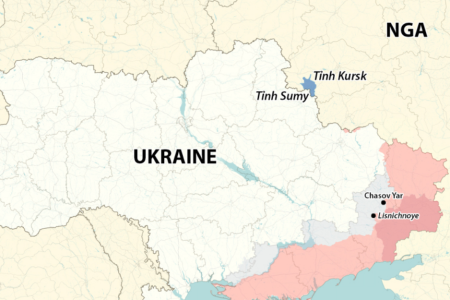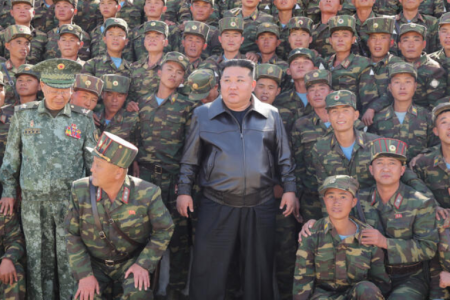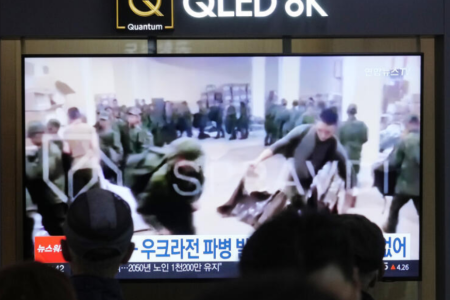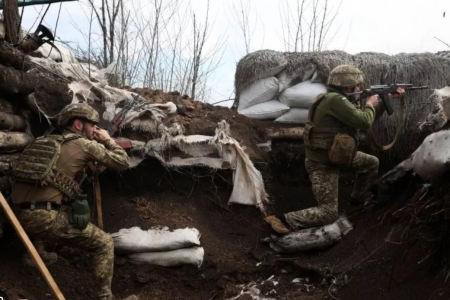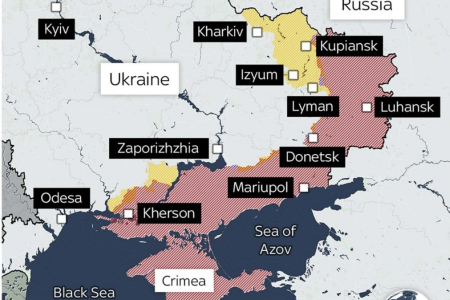
The Mekong Delta will experience saline intrusion early at the beginning of the 2021-2022 dry season because hydroelectric dams in China limit the discharge of water which causes a sharp decrease in the water flow to this area.
The Southern Institute of Irrigation Science (Irrigation Institute) announced the above information in the water source forecast bulletin in the Mekong Delta and Vietnam’s state-controlled media published on February 7.
The Institute of Irrigation believes that reservoirs in China have limited discharge for generating electricity as one of the main reasons for early saltwater intrusion in the Mekong Delta.
Specifically, at the Canh Hong hydropower plant, the discharge volume downstream from January 23 to now is only 700 m3/s, equivalent to a generating set.
The institute also stated that in the coming time, the lakes in the basin will continue to release limited water, so the flow will decrease rapidly.
With that situation, according to the Institute of Irrigation, in the dry season, the flow depends largely on the operation of hydroelectricity upstream and irregular operations may occur.
Therefore, the Southern Institute of Irrigation Science forecasts that in February and March 2022, salinity with a concentration of 4 grams/liter can penetrate to a depth of 50-65 km, affecting the intake of water from the inlet sluices in the central region of the Mekong Delta, i.e. the land belonging to Can Tho City, the provinces of Tien Giang, Long An, Kien Giang, Hau Giang, Dong Thap, Vinh Long and the saline-controlled area in Bac Lieu, Soc Trang, Tra Vinh, and Ben Tre.
For the coastal area, including the coastal provinces of Long An, Tien Giang, Ben Tre, Tra Vinh, Soc Trang, Bac Lieu, Ca Mau, and Kien Giang, agricultural production may be affected. In February and March, salinity can penetrate to a depth of 50-65 km. Therefore, it is necessary to strengthen the monitoring of salinity.
Early and prolonged salinity may also affect water resources and production in coastal irrigation systems such as Go Cong, North Ben Tre, Tra Vinh coastal area, and Long Phu-Tiep Nhat system.
Professor Vo Tong Xuan – Rector of Southern Can Tho University confirmed to the media that saltwater intrusion is a reality that has been and is taking place increasingly harshly due to climate change and impacts from upstream. Therefore, he said that if it does not have the right to force China to release water, Vietnam must know how to use fresh water in a smarter way to reduce the risk of saltwater intrusion.
Last year, the Mekong River Commission (MRC) announced the Mekong River’s water levels were at “worrisomely low” levels, in part because of restrictions on flow from China’s upstream hydroelectric dams.
Thereby, the MRC has also called on Beijing to share all data on flows.
It is known that China has built 11 large hydroelectric dams on the Mekong River. Environmental experts once said that these dams not only cause erratic changes in the water level here but also reduce the flow of sediment and the flow of fish downstream and lose the ecological diversity of the river.
Thoibao.de (Translated)
Millions of THANKS!
Millions of people have watched our news and programs. More and more people choose to support us. Because there is an urgent need of an independent, critical voice in the media for Vietnam.
Your support will help everyone to have free access to thoibao.de. Because we consider the press not only a communication product, but also a beneficial activity for the community.
There have been tens of millions of people every month who do not have to pay any money to read news on thoibao.de, but as you know, we have to invest a lot in order to have quality journalism. That’s why we need your support.
You can send your support as follow
1/ Via Paypal, Visa, Mastercard, America Experess, Sepa Lastschrift:
2/ Via bank transfer:
Account name: Thoibao.de
IBAN: DE36 1005 0000 0190 636319
SWIFT: BELADEBE
Address: Berliner Sparkasse, Ostseestr. 109, 10409 Berlin, Germany
When sponsoring or transferring money, please write the words: Support thoibao.de
Thank you very much
Le Trung Khoa – editor-in-chief
Email: info@thoibao.de
Viber/WhatsApp/Telegram/Signal: +49 170 2363084





